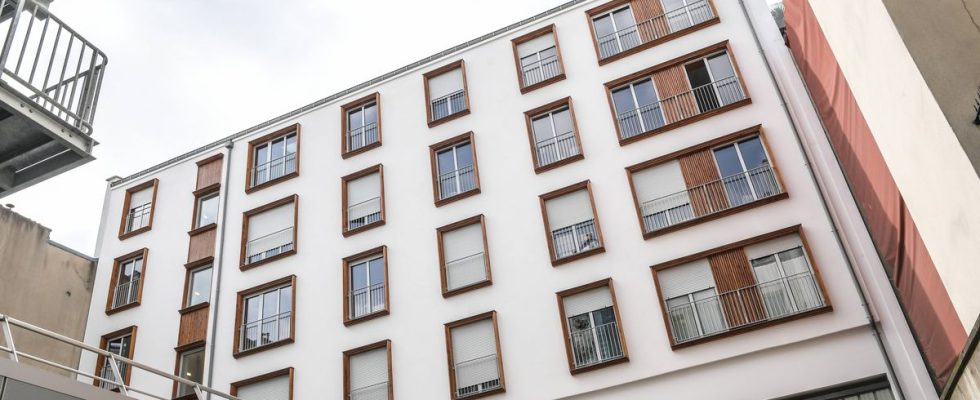The Court of Auditors calls, in a report to be published Thursday, to focus housing policy spending more on the most disadvantaged, judging its objectives “still marked by the 1970s”.
For the Court, the housing policy, historically based on the reconstruction and reduction of unfit housing, should aim at four objectives: “enable everyone to have decent housing”, “contribute to social cohesion”, “contribute to adaptation” to global warming and the aging of the population, and “ensure effectiveness and efficiency”.
“Lack of efficiency”
“The search for better efficiency remains essential,” says the Court, although the public effort devoted to housing has melted to 1.5% of GDP, a historically low level but still well above the European average.
It thus counts sixty-five “tax expenditures”, i.e. tax relief, costing 13.7 billion euros per year, of which “no economic study is conclusive on the leverage effect they would produce on the construction of rental housing.
It even points directly to the “lack of efficiency” of certain measures such as the tax exemption of social housing overseas or, in some cases, the reinforced zero-rate loan.
Review the award criteria and support social landlords
The institution recommends reviewing the criteria for allocating aid to individuals, such as personalized housing aid (APL), and aid for the construction of social housing, which it would like to direct more towards the most disadvantaged categories. It also asks to ensure that social housing is allocated as a priority to people in the most difficulty.
To support the energy renovation of housing, the Court suggests orienting the MaPrimeRénov’ system more towards global renovations, which are heavier but more efficient. Social landlords should be supported to the tune of “230 to 600 MEUR in grant equivalents per year” to meet their renovation objectives, she points out.
In order to fight against the rise in housing prices in tense areas, she suggests “simplifying and strengthening taxation on vacant housing” or extending rental guarantees such as Visale.
And against urban sprawl, it recommends an “adaptation of taxation, in particular local, and of town planning law”, warning however that this will not be enough to achieve the objective of zero net artificialisation enshrined in the law.

